When there's no more pickles in the pickle jar, most of you probably dump the remaining brine down the drain and recycle the bottle. While recycling is commendable, throwing out good pickle "juice" is not.
You can use that leftover liquid in cocktails, bread, and potato salad, and to clean copper pans, get rid of weeds, soothe sunburns... the list goes on. But possibly the most interesting use is pickling going-bad veggies in your fridge. And the best part is, you can even make more pickles!
Can I Use This Brine?
Marisa of Food in Jars suggests that you can reuse any excess liquid from store-bought pickles as long as it adheres to two rules: the liquid isn't at all murky or cloudy, and you only use it to cold pickle, i.e., do not heat it.
If you reheat the leftover liquid, as Marisa explains, you may alter the acidity and the brine's ability to actually pickle whatever you add into it. However, Cook's Illustrated tested heated reused brine and thought it was actually better than cold brining, so feel free to experiment to see what you like best.
Additionally, cloudiness within the brine can indicate some gross, unhealthy developments forming inside —and you certainly don't want to stick anything you're planning on eating in a bacteria-laden liquid, do you?
What Can I Pickle?
Take a quick survey of what's hanging out in your refrigerator. That bunch of not-so-crisp carrots, the half-an-onion leftover from last weekend's omelette, and those less-than-perfectly-fresh cucumbers can be salvaged and turned into an effortless snack when tossed in pickle brine.
When you're ready to pickle your going-bad veggies, just open up your pickle jar that's still full of juice and drop your new additions inside. For best results, the veggies should be sliced or diced, so they can suck up more flavor in a shorter amount of time. Stick the filled jar in the fridge... and that's it! As your vegetables sit in the salty brine for a few days, they'll soak up flavor and keep themselves preserved.
How Can I Vary the Flavor?
Elizabeth Passarella of The Kitchn shares that you can also change the flavor of that leftover pickle juice if you'd like to get a little fancy with the overall taste. If you need to add a bit more liquid to fully cover the vegetables you're pickling, you can use this opportunity to boost the flavor.
If you're not heating up that old pickle liquid, you can—and should—heat up any flavor additions. Passarella uses apple cider vinegar, sugar, and salt, heating these ingredients on the stove until they reach a boil and the solids dissolve. Once the liquid is nice and smooth, it's time to add it into your leftover brine. These additions will add an extra tangy, sweet flavor to your pickles (or other pickled veggies) with very little extra effort.
Whether you stick with pure pickle juice or a tiny twist on those leftovers, turning the juice from store-bought pickles into an entirely new batch of pickled veggies is incredibly easy—and you won't have to toss out those vegetables you just couldn't eat in time. Less waste, more pickles, happier you!
- Follow Food Hacks Daily on Facebook, Twitter, and Instagram
- Follow WonderHowTo on Facebook, Twitter, and Google+
More Perfect Pickling Tips:
- 15 Mind-Blowing Things You Can Do with Leftover Pickle Juice
- Quickles: DIY Pickles That Take Only 10 Minutes to Make
- Ingredients 101: The Know-It-All Guide to Peppers
Cover photo by handmadepictures/123RF








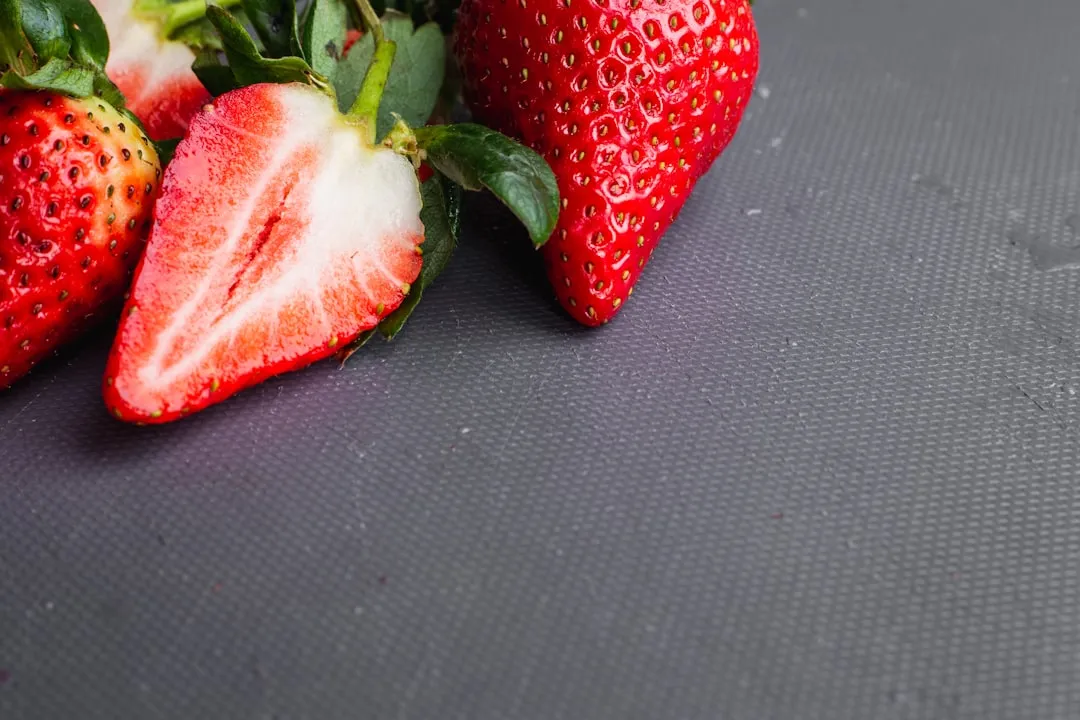
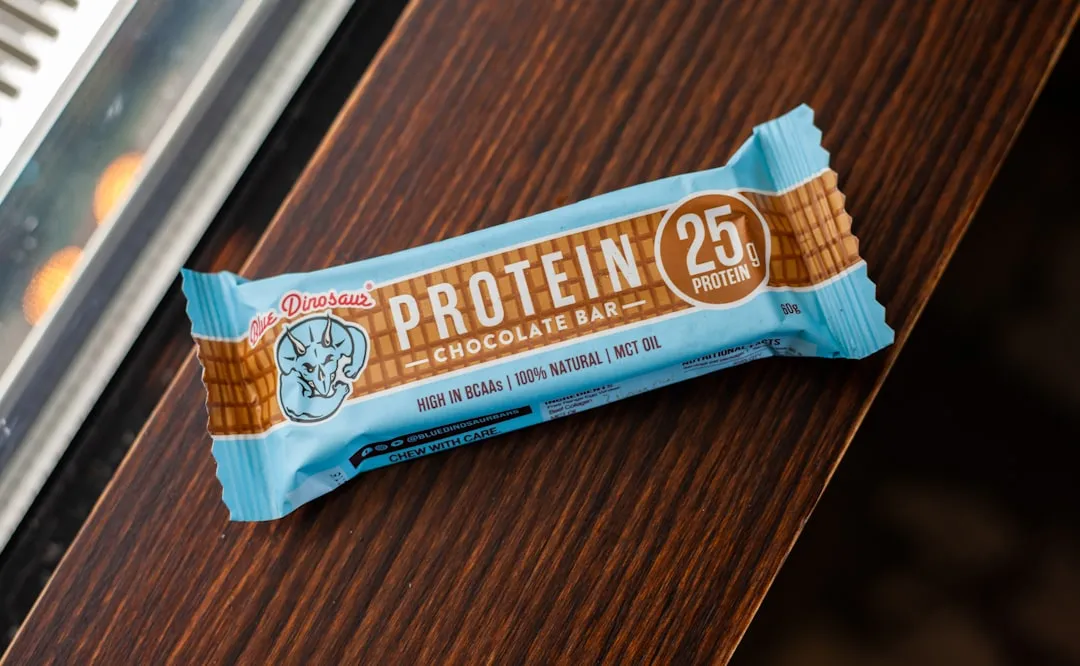
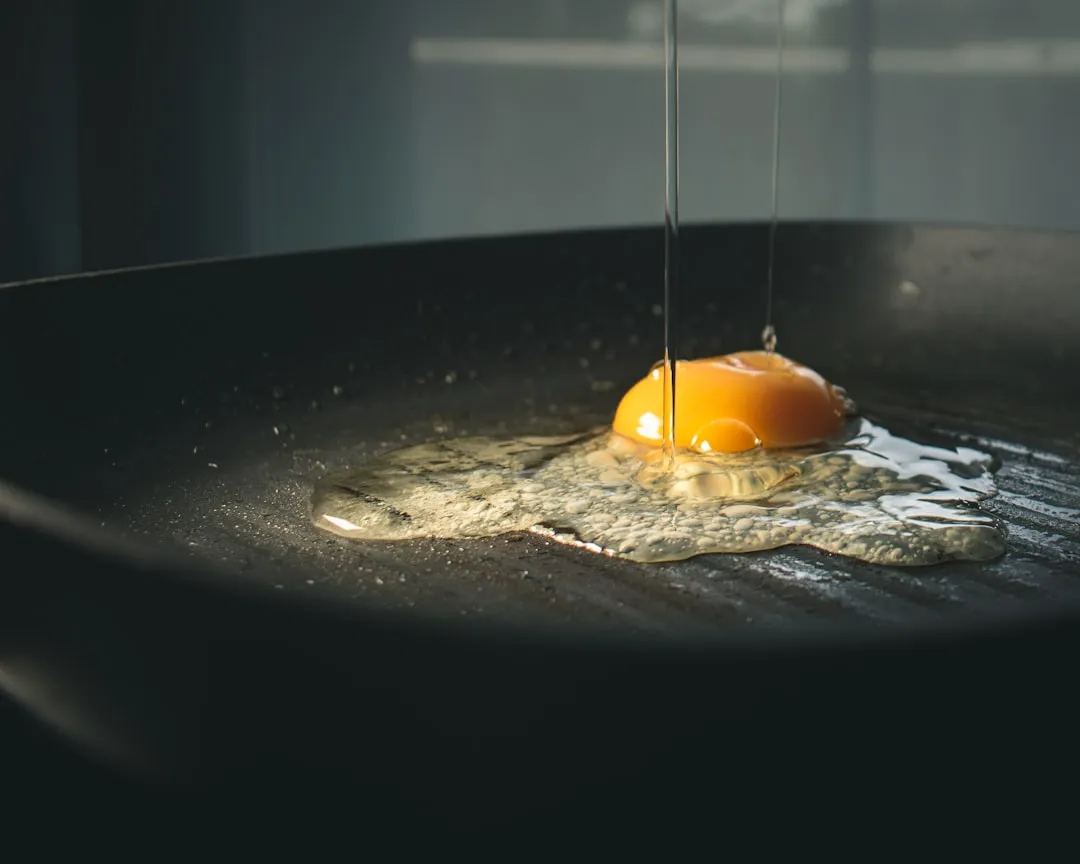
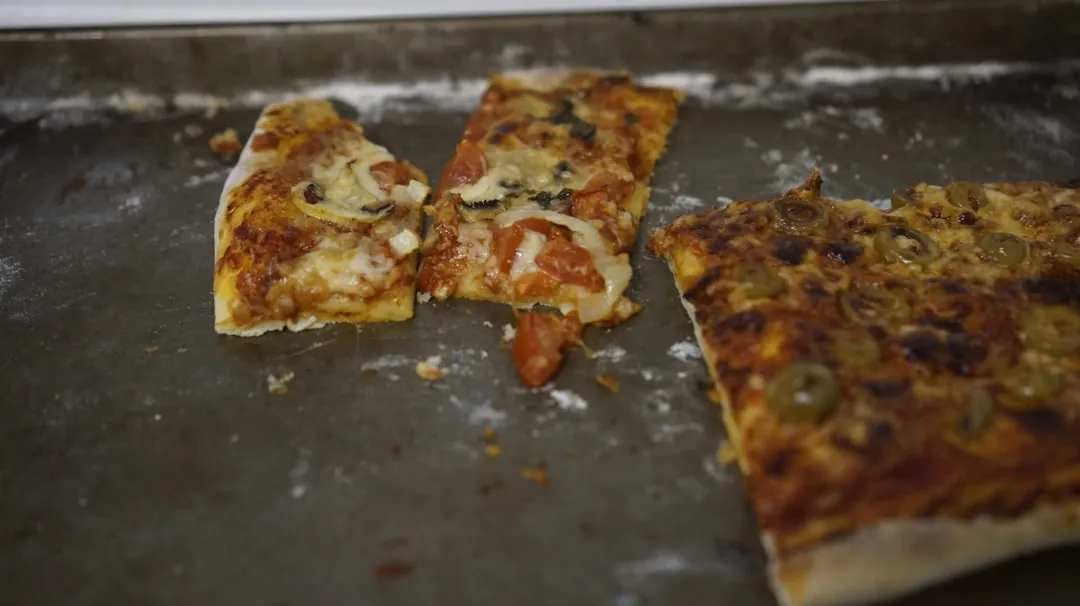
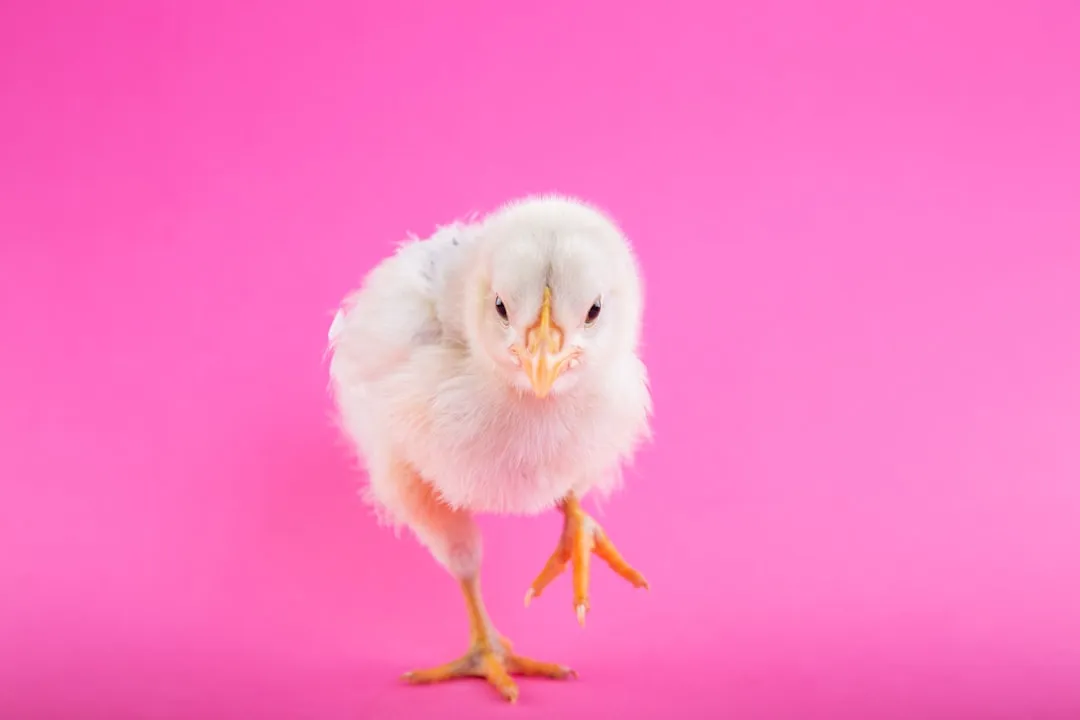
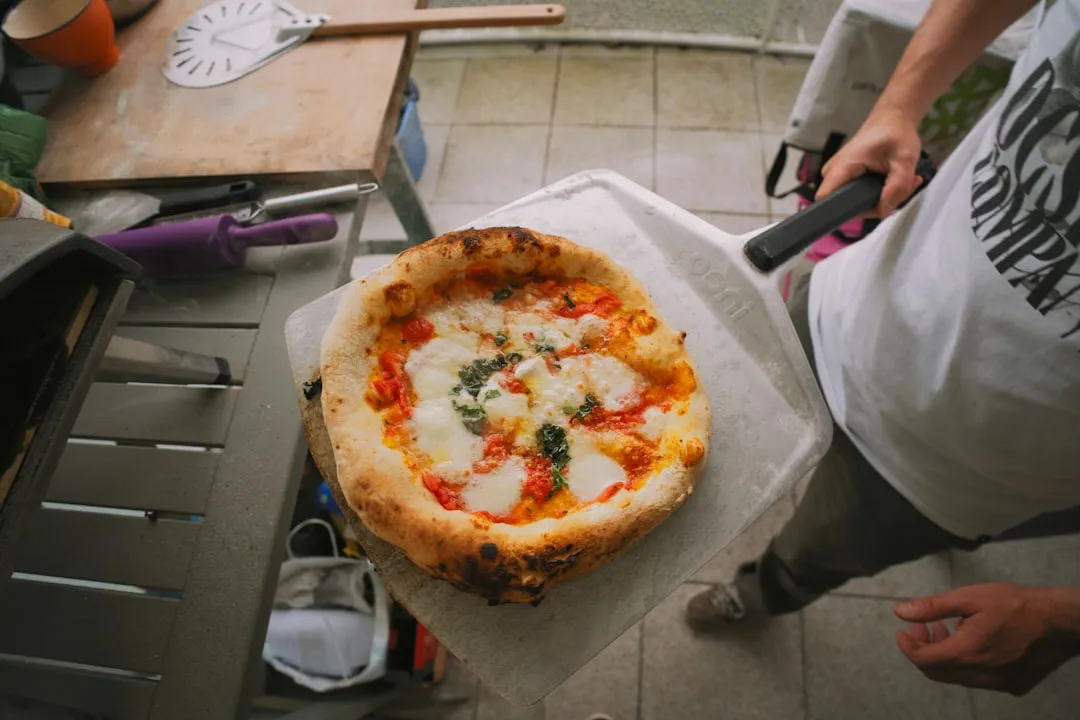
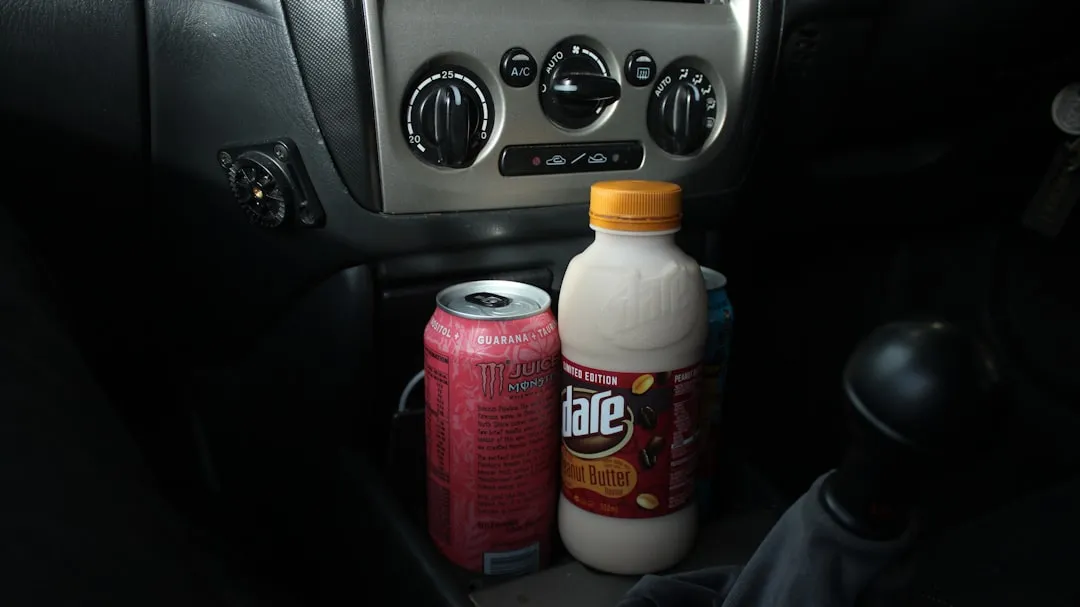
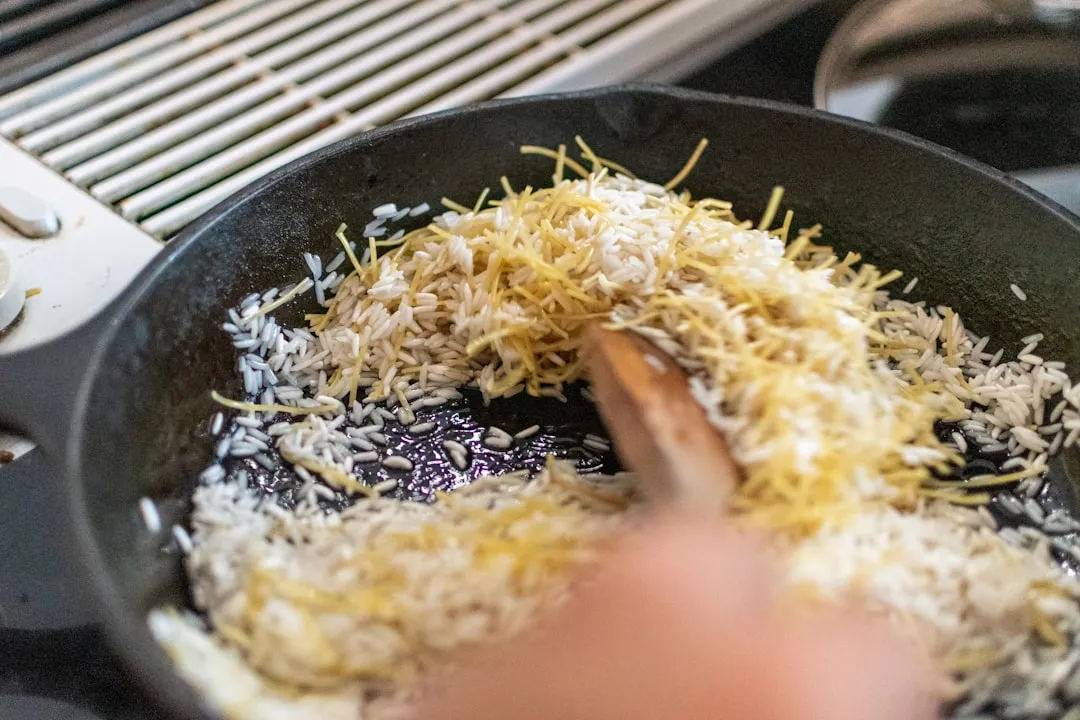
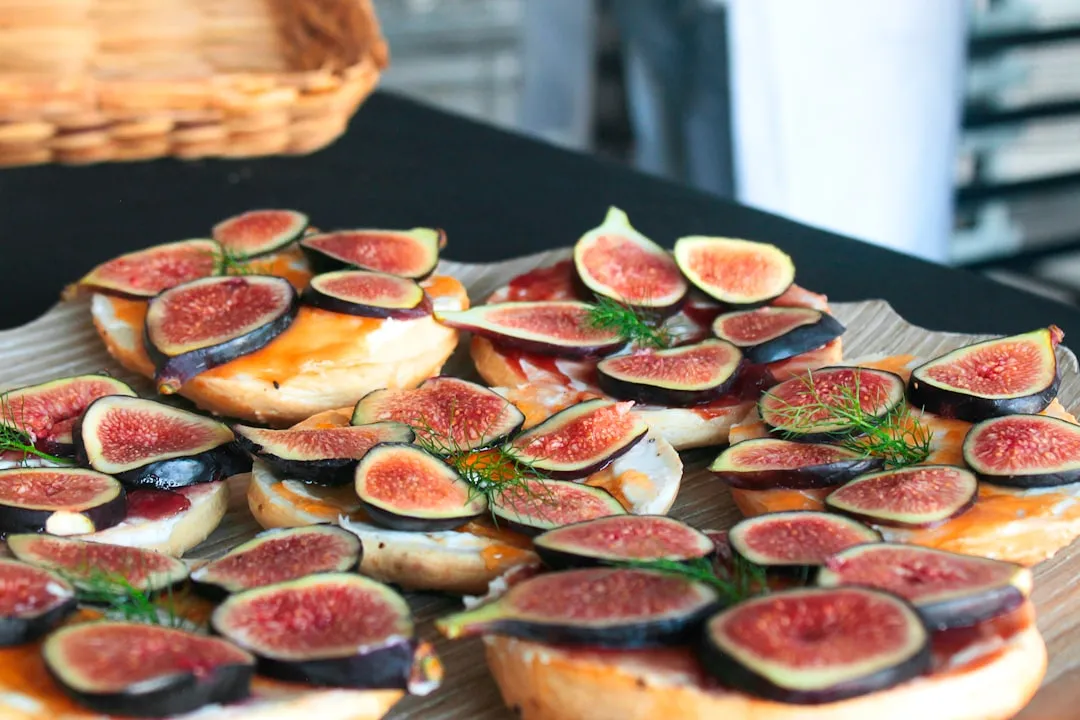
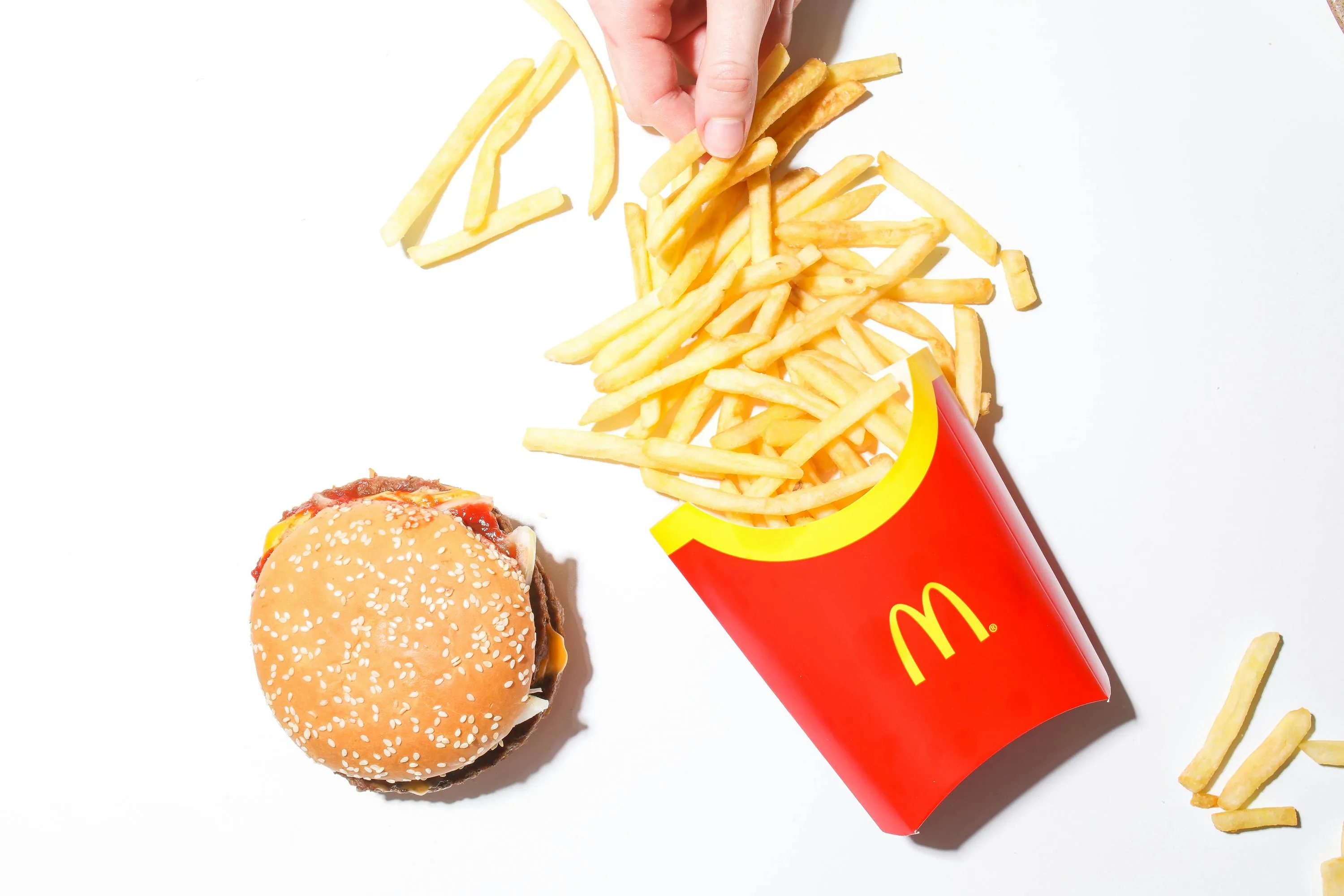
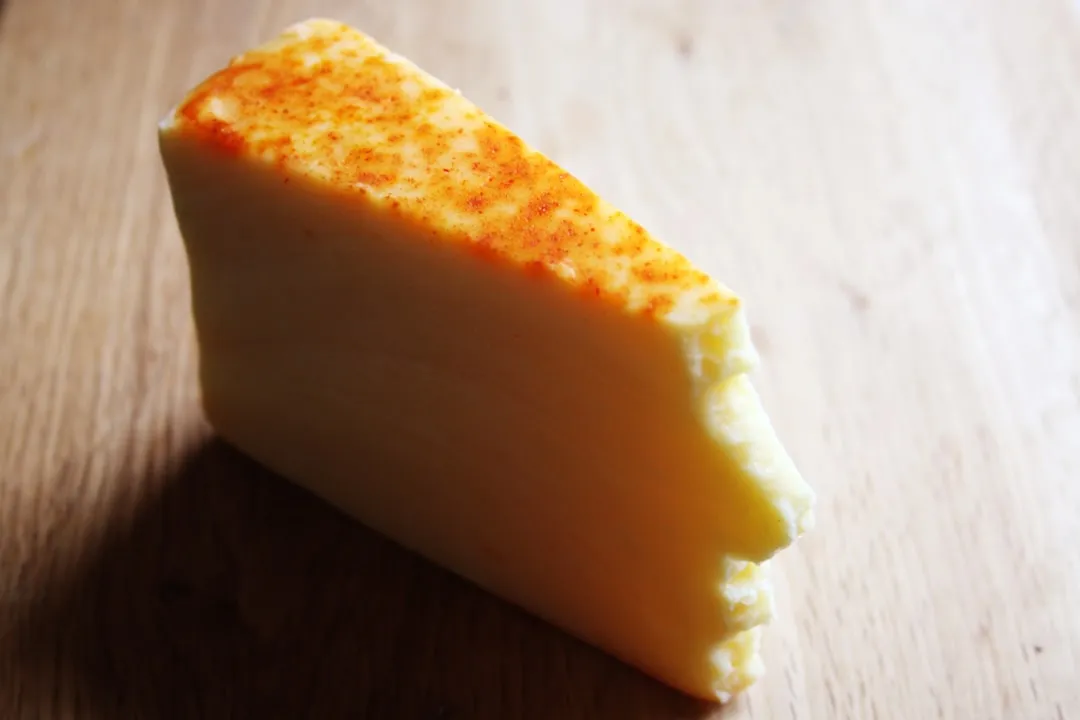
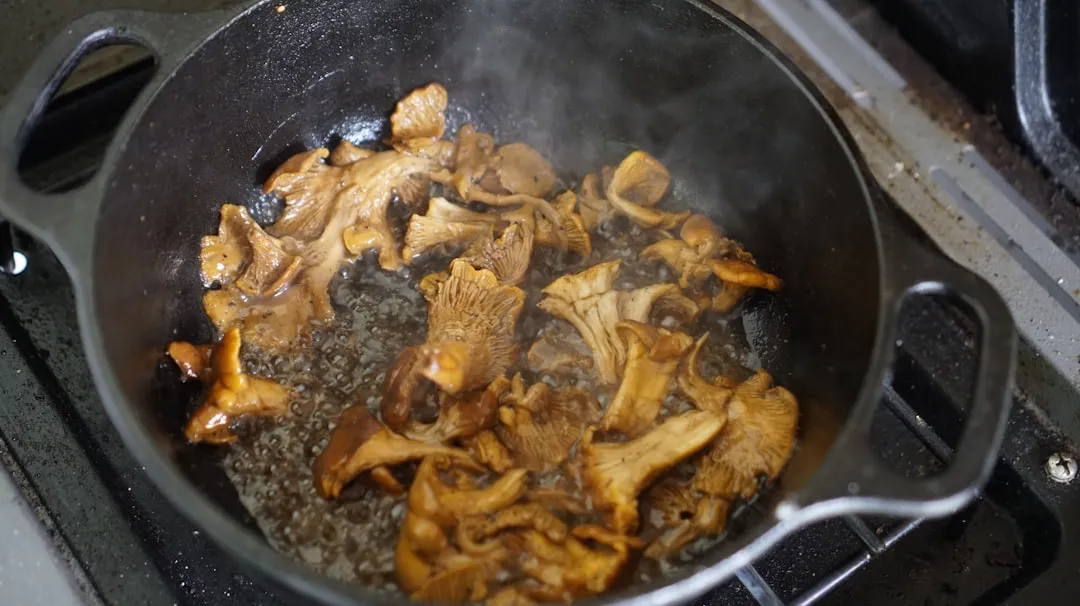
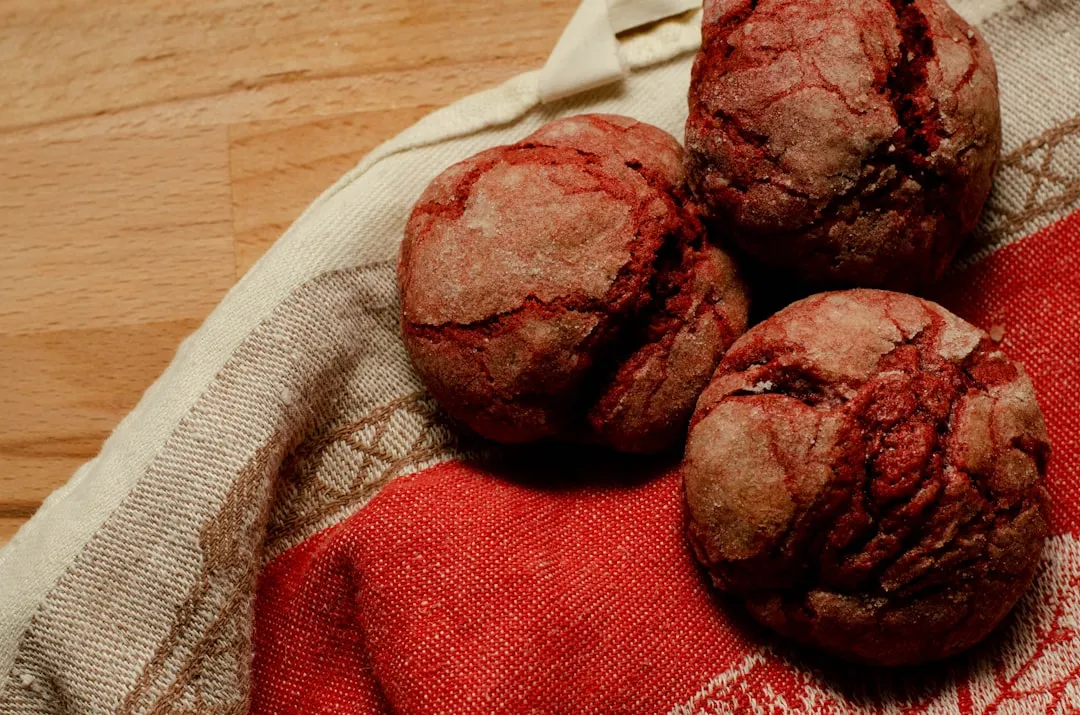
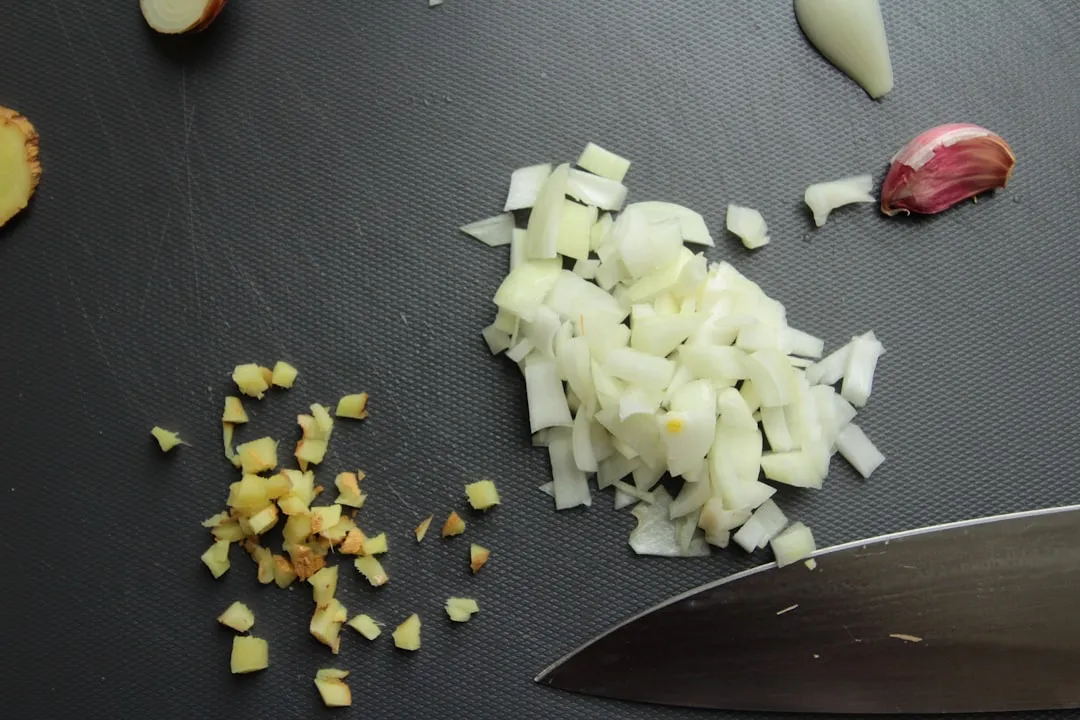
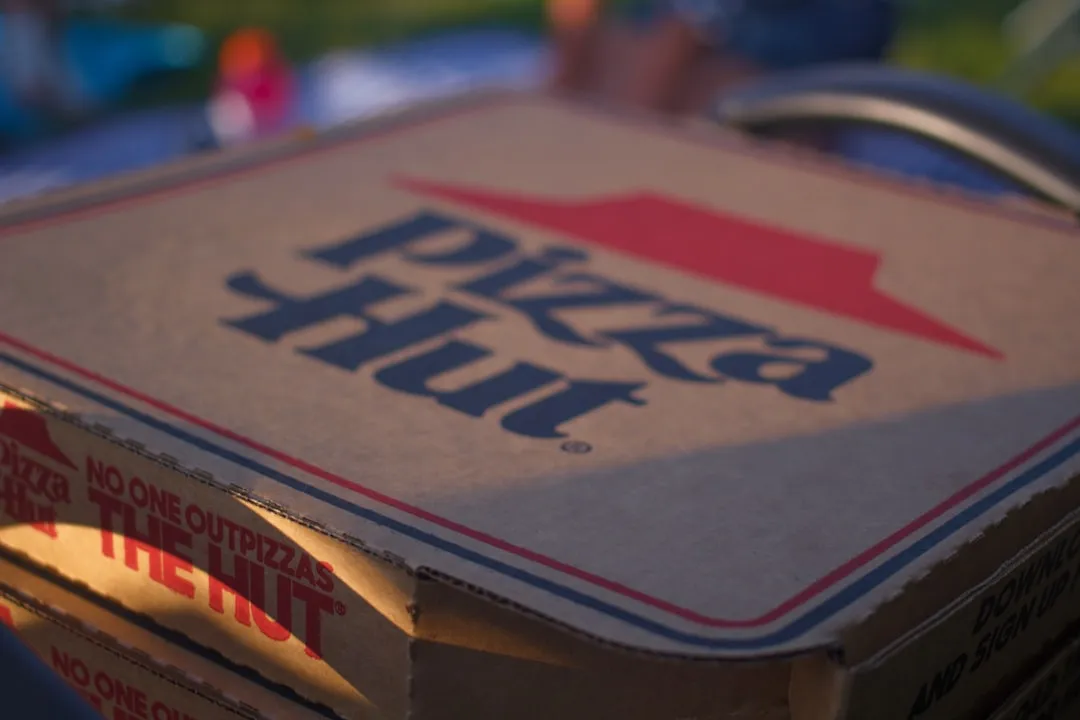
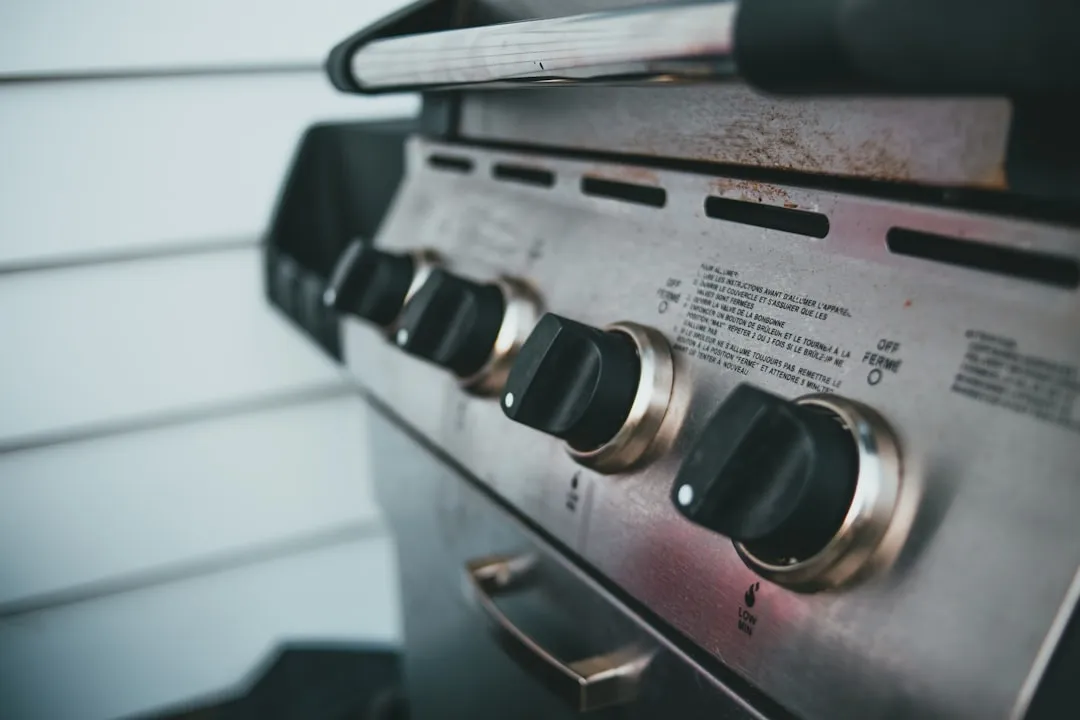
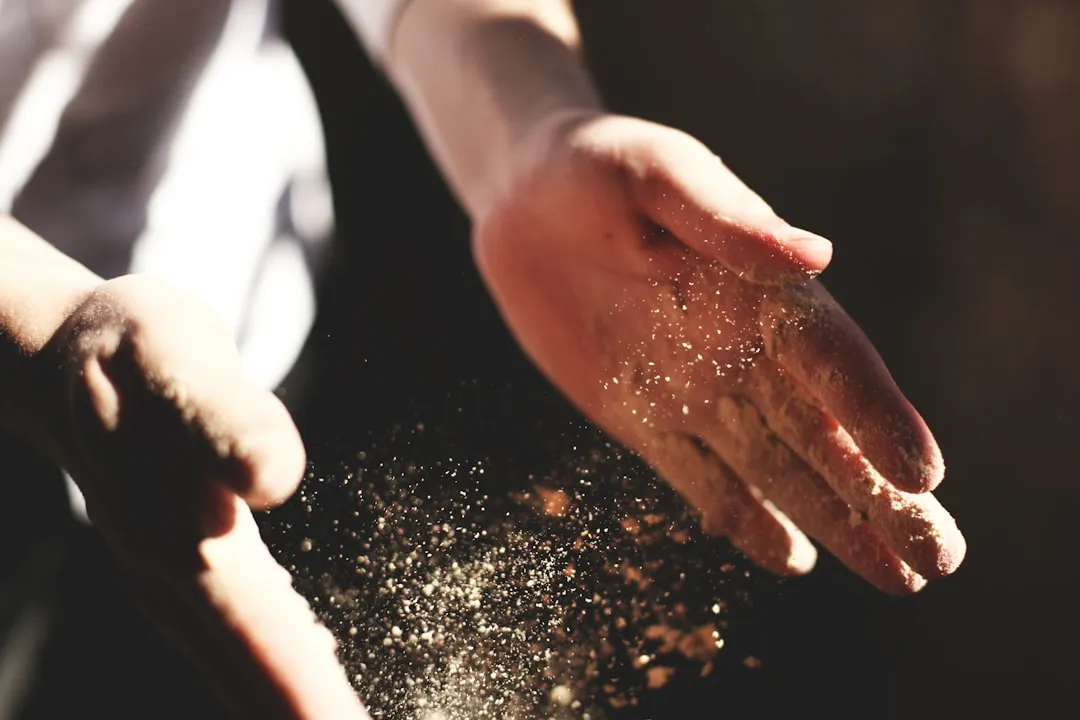
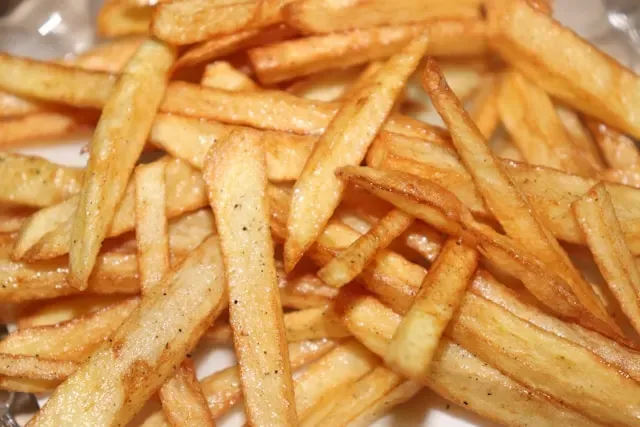
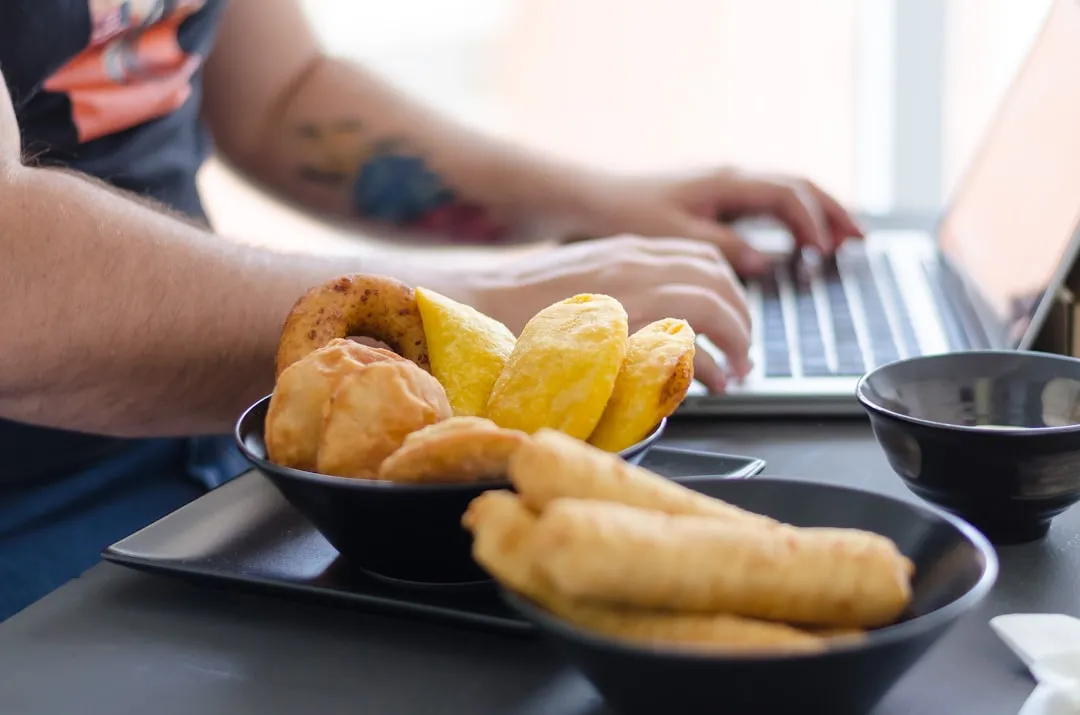
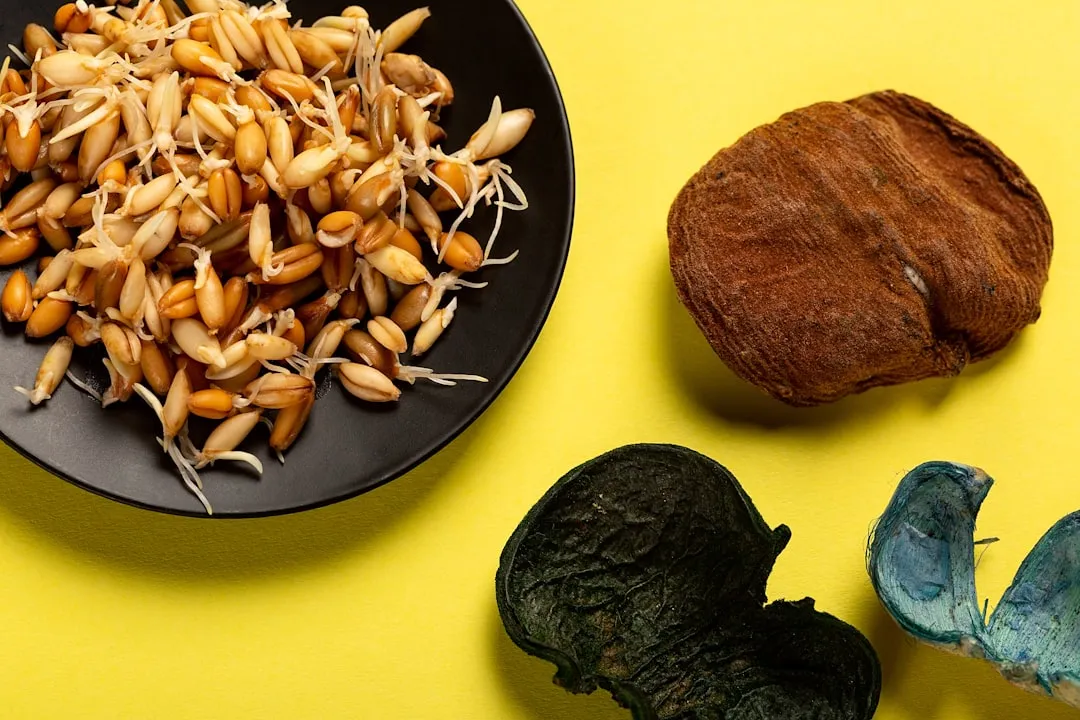
Comments
Be the first, drop a comment!